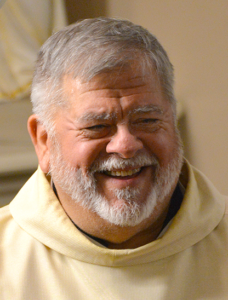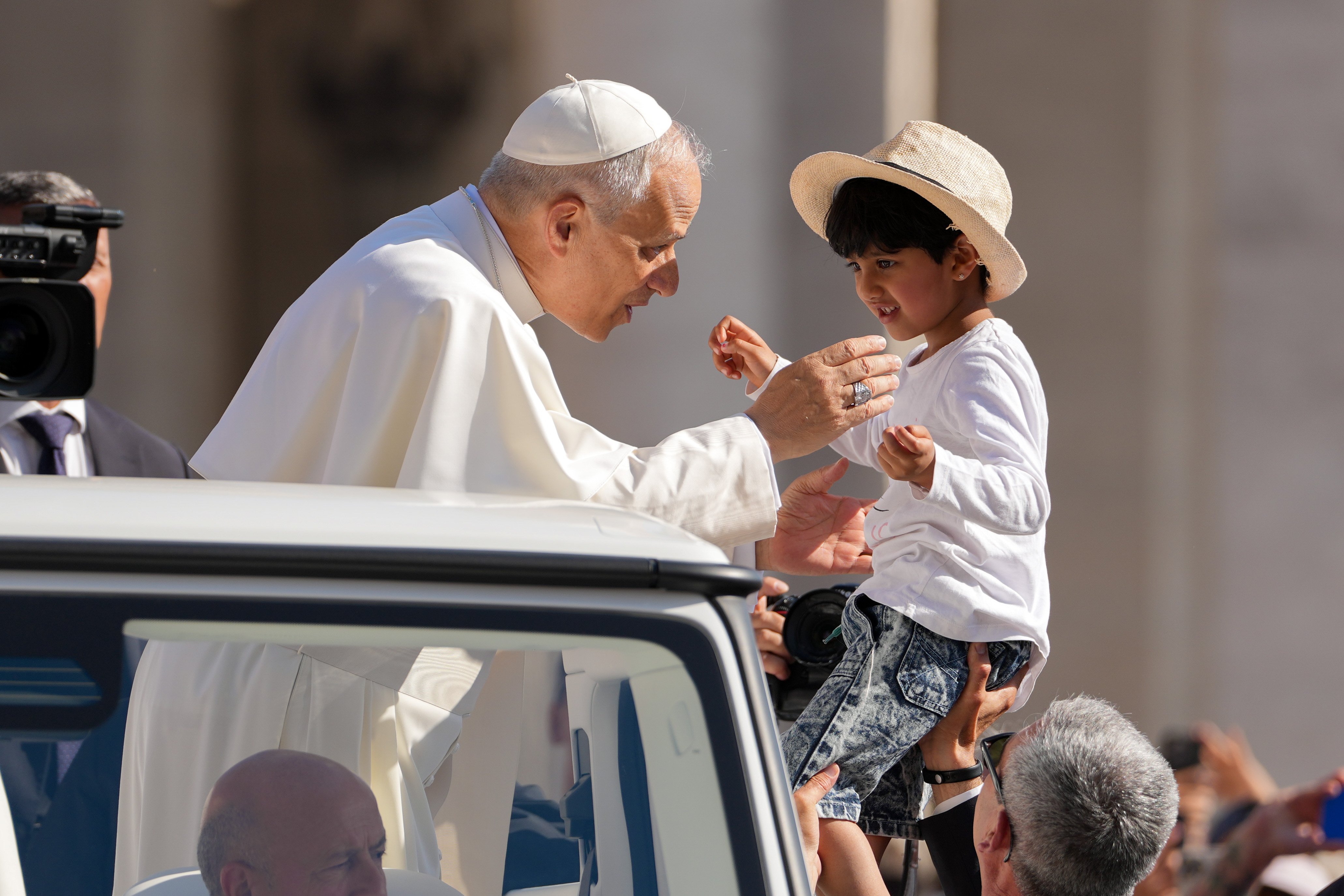SUNDAY SCRIPTURES FOR SEPTEMBER 15 | Answering Jesus’ question pushes us into more authentic discipleship
Jesus asked the disciples, ‘Who do you say that I am,’ to challenge us to live that type of life

When Jesus asked His disciples to describe Him, they remembered people such as John the Baptist, Elijah or the prophets who had gone before Jesus. By offering this question, Jesus invited His disciples to form a realistic image of who He was and what His mission was about.
As we hear this Gospel this weekend, we are asked the same question. Jesus looks at us and wonders who we say that He is. Since we are His disciples, how we describe Jesus will become the model for forming our lives. Who do you say that Jesus is?
If we know anything about Jesus, He was a truth teller, willing to suffer for the sake of others and not wanting to draw attention to Himself unless it allowed others to follow in His footsteps. He did not wish to be placed on a throne or have an army assembled around Him. He set an example as a humble servant, willing to empty Himself for the sake of others. He focused on those pushed to the outskirts of society and deemed by some to be unworthy of God’s love. He wanted to be identified with the sick, the poor, the unreligious, the sinner and the forsaken.
Scripture offers an unmistakable image of who Jesus is. That might be why some don’t read the Bible or listen to Scripture outside of Mass. Perhaps some of us don’t want to know the kind of life that Jesus lived, because then we would be challenged to live the same type of life.
Imagine Jesus standing before us, asking us who He is. Imagine the excitement and the terror, knowing that we would get to show our intelligence and our ability to learn from Him. Our terror would come from the realization that we are asked to live in the same way.
At this time when so many of us hide behind political beliefs or try to shout each other down, how would our Church and our world be if we became more like Jesus? Who is on the outskirts of society? Instead of seeing ourselves as victims, can we turn our eyes to someone else and discover who the real victims are today? Is it possible for us to move beyond our fear of scarcity and acknowledge that we have more than we would ever need? Is it possible for us to acknowledge that many, if not all of us are privileged people? Might we be able to voluntarily empty ourselves for the sake of another who is not so privileged?
Is the Gospel this weekend more than just a name game? This was not a quiz that Jesus gave His disciples to see who was the smartest. It is the same with us. The question Jesus asks is more rhetorical in intent. He hopes that we do know who He is and that His question pushes us into more authentic discipleship.
May we all pray the prayer we hear in the Old Testament prophet Isaiah. May we take the buffets and spitting of others — not because we are victims, but because we have stood as companions with those shunned by the world. May we live with the assurance that God is near to those who uphold the rights of the poor.
Father Donald Wester is retired and serves as lecturer of homiletics at Kenrick-Glennon Seminary.



